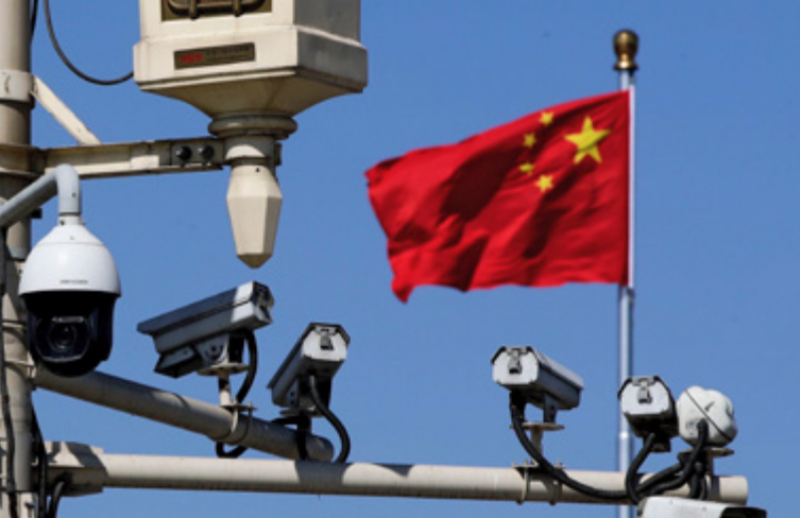
An international Christian persecution watchdog recently reported that China is ramping up the persecution of believers using technology, and is also selling this technology to other nations.
Open Doors USA, an organization focused on saving persecuted Christians for the last 66 years, revealed that China is at the forefront of using technology as a weapon against those who live out their faith.
"Open Doors CEO David Curry identifies the new global wave of Christian persecution that China is leading as the government weaponizes technology and sells their tech to a growing list of other countries," Open Doors USA tweeted on Tuesday.
Open Doors CEO David Curry identifies the new global wave of Christian persecution that China is leading as the government weaponizes technology and sells their tech to a growing list of other countries.#onechurchonefamily #persecutedchurch https://t.co/OfH81ZNgdB
"” Open Doors USA (@OpenDoors) November 15, 2021
In an op-ed published in Religion News Service, Curry revealed that there are currently five tech innovations used by governments to spy on Christians and criminalize them for their faith.
"While technology has made our lives faster and more efficient, it also has been used to commit crimes and perpetuate unspeakable human rights abuses. Religious freedom advocates like myself can testify to this fact. Known human rights abusers like China and India are closely tracking citizens' social media posts and often take legal action against those who share government criticism online," Curry said.
Curry detailed that "insidious spyware" and "mass-surveilance technology" are used by governments such as that of Saudi Arabia's and Kazakhstan for the censorship of religious minorities. These same technologies are actually found in any person's smartphone through biometric identification, malware, geofencing, keyword monitoring, and Big-data surveillance.
China uses all five technologies in persecuting Christians.
"China, for example, has used DNA samples to imprison Uyghur citizens and facial recognition technology to target religious minorities," Curry disclosed.
China ranks 17th in Open Doors USA's World Watch List of most severe Christian persecutors. The Chinese government is said to use "military grade spyware" on smartphones to monitor and record all activities of Christians, as well as, track their movements using geofencing.
"Smartphone location settings are convenient enough for estimated arrival times and local restaurant recommendations, but these data are also being used to track and identify churchgoers. Entire communities of faith can be implicated as threats to the state simply by the proximity of their phones to one another," Curry highlighted.
Keyword monitoring technology used encryption encoding and curation. China banned Google Play so that local giants like Huawai would be able to freely provide citizens with its offerings. Censorship is also experienced by people of faith.
In terms of Big-data surveillance, China has implemented the use of cameras, integrated with facial recognition software, all over its vicinities and tapped them into church CCTVs. The goal is to eventually arrest Christians once they engage in worship, even if it is done online.
"Cameras on Chinese streets record movements, correlated with cameras inside church buildings. That footage can identify churchgoers by using facial recognition technology, which can then link to the rest of their online footprint," Curry explained.
This excludes the Chinese Government's Public Security Bureau that flags words searched online such as Scripture passage and donations given to faith-affiliated organizations.
Curry elaborated that the database enables local authorities to establish "threatening" activity once it has established interactions online with offline relationships. This way churchgoers become trackable, which he has personally affirmed with Rev. Jonathan Liu, who was blacklisted in China, and members of the Early Rain Covenant Church.
"Churchgoers in China are no longer anonymous. I have personally worshipped among them, in church pews lined beneath rows of security cameras, and I've spoken with the Rev. Jonathan Liu, who was blacklisted and forced to leave the country for speaking online about the Communist Party's interference into offline church services. I met with members of Early Rain, a church in Chengdu, whose homes were raided because they attended an online church service," Curry said.



























